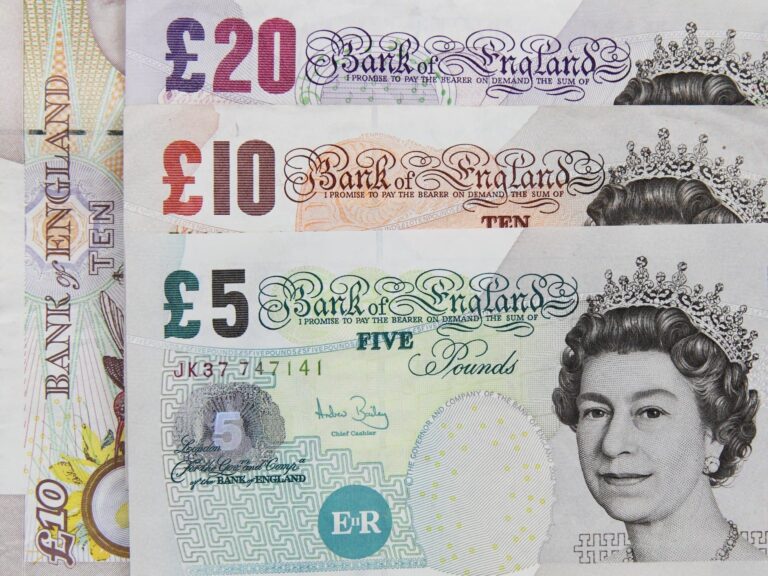National Minimum Wage Increase 1st October
The National Minimum Wage rate per hour depends on your age and whether you’re an apprentice – you must be at least school leaving age to get it.
| Year | 21 and over | 18 to 20 | Under 18 | Apprentice* |
|---|---|---|---|---|
| 2015 (from 1 October) | £6.70 | £5.30 | £3.87 | £3.30 |
| 2014 (current rate) | £6.50 | £5.13 | £3.79 | £2.73 |
| 2013 | £6.31 | £5.03 | £3.72 | £2.68 |
| 2012 | £6.19 | £4.98 | £3.68 | £2.65 |
| 2011 | £6.08 | £4.98 | £3.68 | £2.60 |
| 2010 | £5.93 | £4.92 | £3.64 | £2.50 |
*This rate is for apprentices aged 16 to 18 and those aged 19 or over who are in their first year. All other apprentices are entitled to the National Minimum Wage for their age.
The rates are usually updated every October, so the current rates apply from October 2014.
National living wage
From April 2016, the national living wage will be £7.20 an hour for workers aged 25 and older. The minimum wage will still apply for workers aged 24 and under.
Employer checks
It’s a criminal offence for employers not to pay someone the National Minimum Wage or to falsify payment records.
Employers who discover they’ve paid a worker below the minimum wage must pay any arrears immediately. Use the National Minimum Wage calculator to work out arrears.
HM Revenue and Customs (HMRC) officers have the right to carry out checks at any time and ask to see payment records. They can also investigate employers, following a worker’s complaint to them.
If HMRC finds that an employer hasn’t been paying the correct rates, any arrears have to be paid back immediately. There will also be a penalty and offenders might be named by the government.
It’s the employer’s responsibility to keep records proving that they are paying the minimum wage – most employers use their payroll records as proof. All records have to be kept for 3 years.
You will be able to read all the information on the National Minimum Wage (NMW) here and the forthcoming National Living Wage (NLW) here


